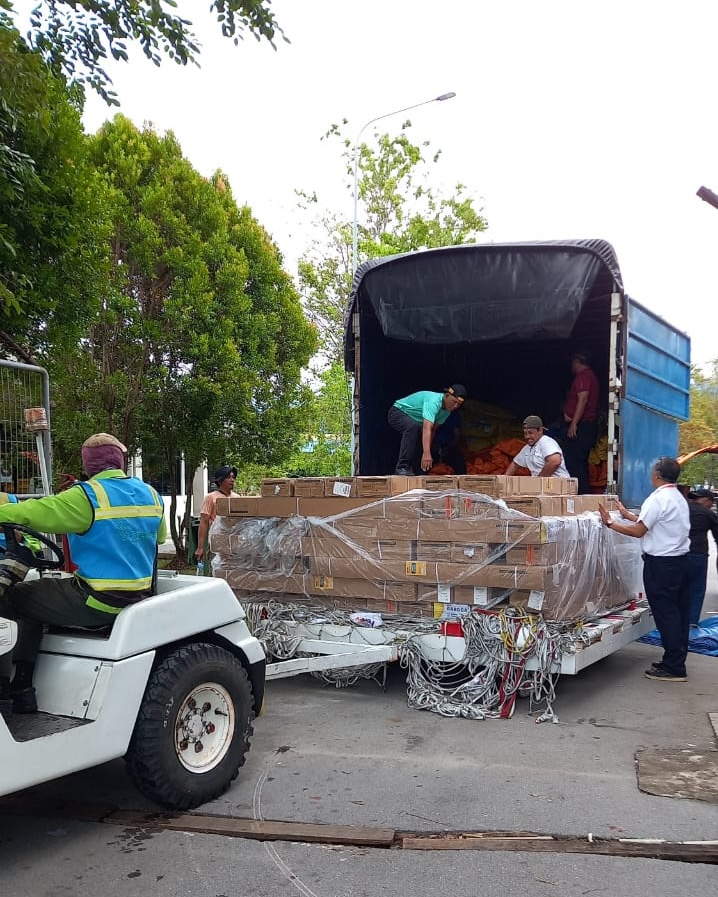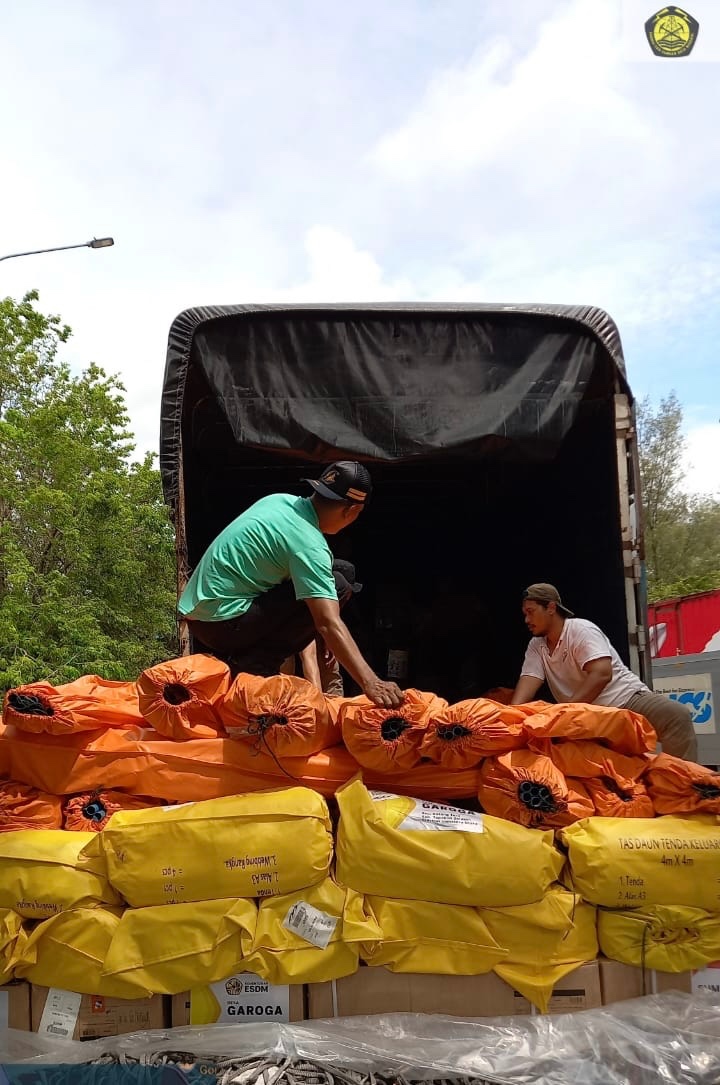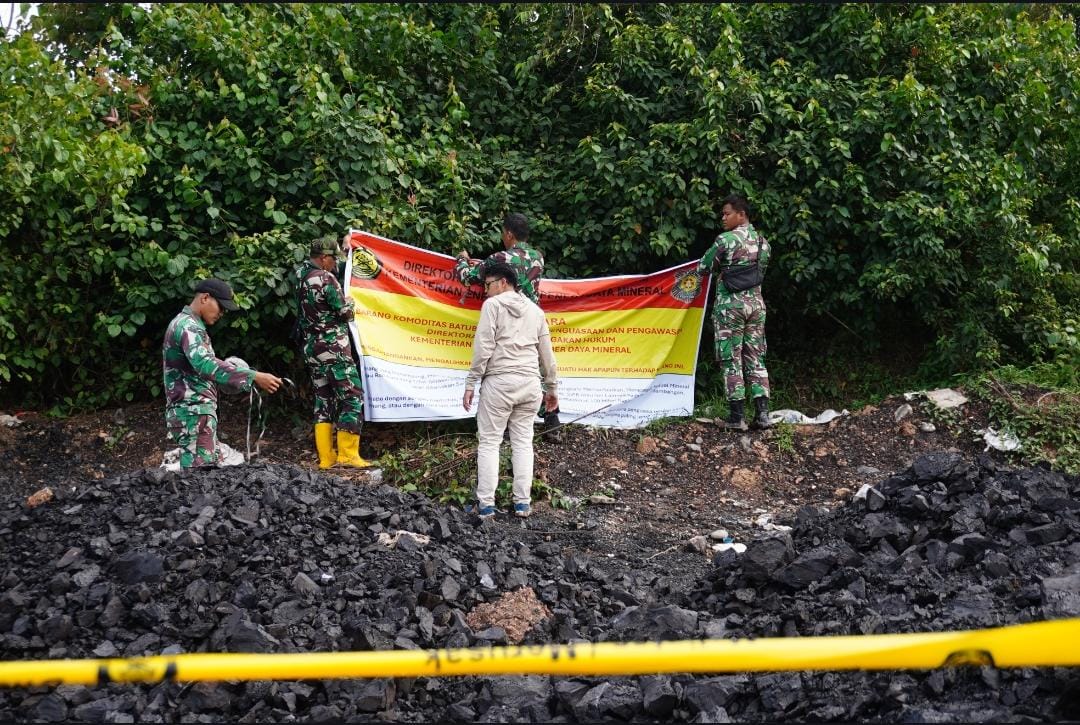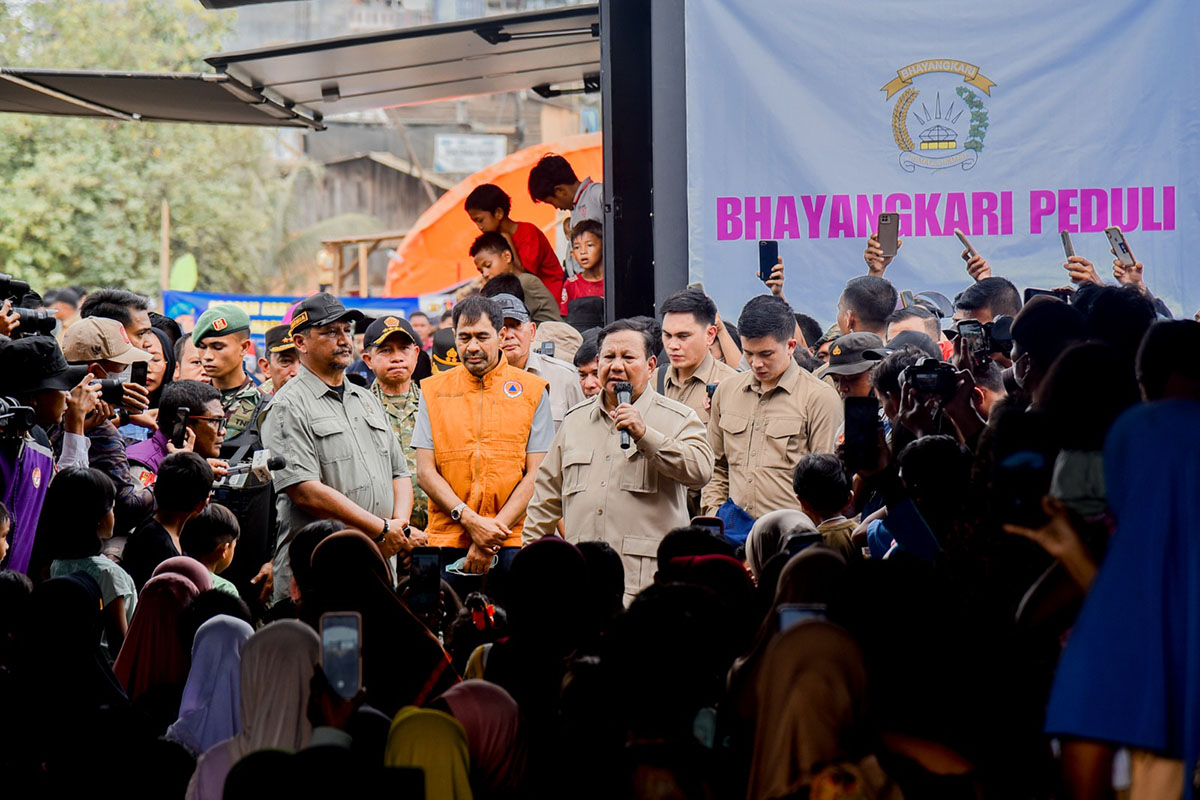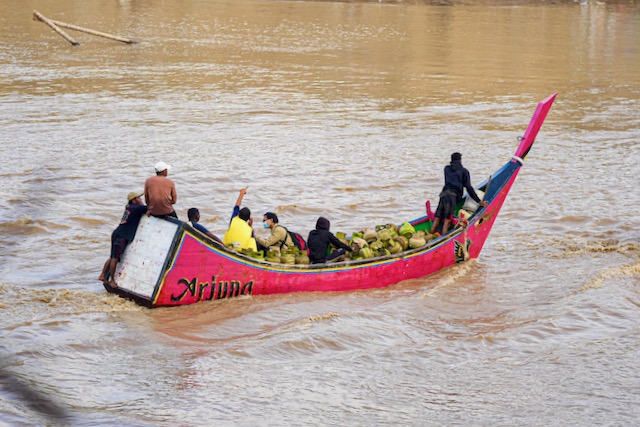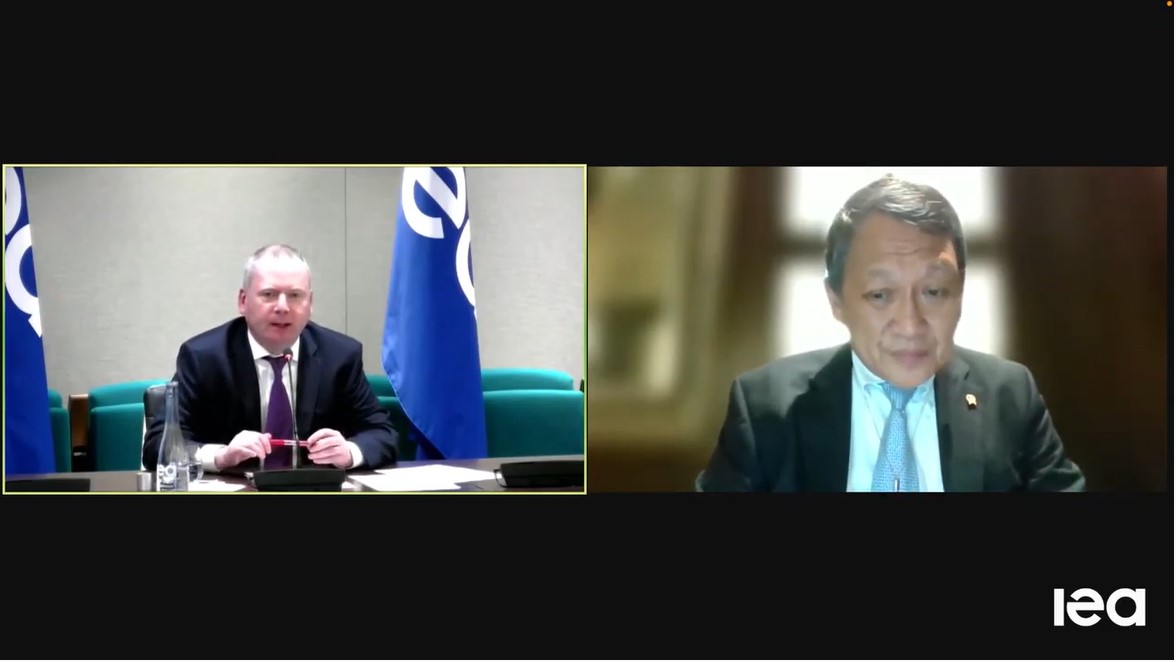
Clean Energy Transitions Create A Better Future, Says Energy Minister
MINISTRY OF ENERGY AND MINERAL RESOURCES
REPUBLIC OF INDONESIA
PRESS RELEASE
NUMBER: 439.Pers/04/SJI/2021
Date: 7 December 2021
Clean Energy Transitions Create A Better Future, Says Energy Minister
Clean energy transition is a must, and whether one is a phase-out believer or phase-down advocate, energy transition will come sooner or later, Minister of Energy and Mineral Resources (EMR), Arifin Tasrif, has said in webinar titled "Action for Implementing People-Centred Clean Energy Transitions" organized by the International Energy Agency (IEA) on Monday (6/12).
The webinar was held to mark the launching of the Indonesian version of IEA's Recommendation of the Global Commission on People-Centred Clean Energy Transitions.
Arifin went on to say that everyone had a role to play in energy transition, and the role of policymaker was to shape policies that create quality and well-paid jobs. "This way, clean energy transitions will gain public support and, at the same time, people benefit from such transitions," continued Arifin.
Arifin said that because Indonesia was highly dependent on fossil energy, it is difficult for the country to get investments needed to adopt environmentally friendly technologies. For this reason, Arifin hoped the Global Commission on People-Centred Clean Energy Transitions could become a forum that offered financing opportunities for renewable energy projects.
The Global Commission has offered 12 recommendations to perform energy transition, namely:
A. DECENT JOBS AND WORKER PROTECTION
1. Design transitions to maximize the creation of decent jobs,
2. Develop tailored government support for communities and workers as well as a focus on skills and training,
3. Use social dialogue, robust stakeholder engagement and policy coordination to deliver better outcomes,
B. SOCIAL AND ECONOMIC DEVELOPMENT
4. Ensure that policies enhance social and economic development, and improve quality of life for all,
5. Prioritize universal clean energy access and the elimination of energy poverty,
6. Maintain and enhance energy security, affordability and resilience,
C. EQUITY, SOCIAL INCLUSION, AND FAIRNESS
7. Incorporate gender, equality and social inclusion considerations in all policies,
8. Ensure fair distribution of clean energy benefits and avoid the risk of disproportionate negative impacts on vulnerable populations.
9. Integrate the voices of younger generations in decision making
D. PEOPLE AS ACTIVE PARTICIPANTS
10. Use insights from behavioural science to design effective behaviour change policies,
11. Involve the public through participation and communication,
12. Enhance impact through international collaboration and exchange of best practice.
"The recommendations of the Global Commission have provided not only general principles but also concrete examples of how we can start to make transition to clean energy. The launch of the Indonesian version of the recommendations will enable us to engage more people in Indonesia in this transition process," Arifin concluded.
For the record, the IEA formed the Global Commission on People-Centred Clean Energy Transitions on 26 January 2021. The Global Commission consists of thirty members who are government leaders, energy ministers, and experts, and aims to find the best ways to involve everyone around the globe in clean energy transitions. Danish Prime Minister sits as honorary patron, while Danish Minister for Climate, Energy, and Utility sits as Commission chair. The Commission's meetings are chaired by IEA's Executive Director.
The Commission met three times across 2021, and these meetings resulted in key recommendations that were released on 26 October 2021, before climate conference COP26 in Glasgow. (IY)
Head of Bureau of Communication, Public Information Services, and Cooperation
Agung
Pribadi (08112213555)
Share This!

